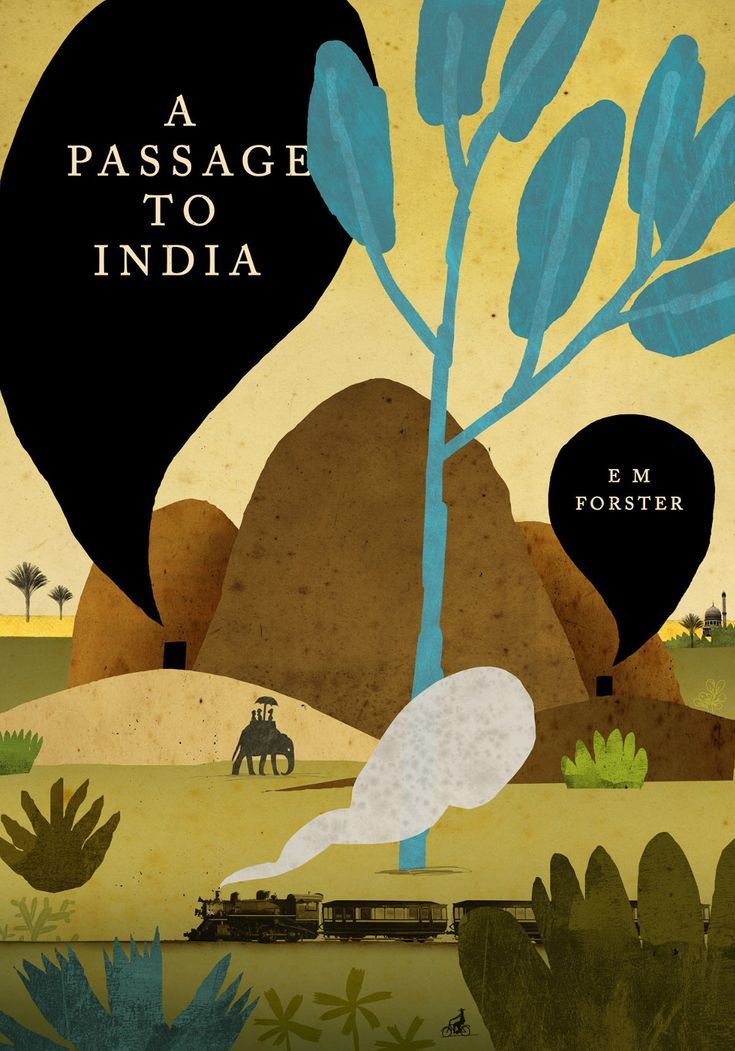


TV Tropes does not have notability standards for the works it covers. It has also used its informal style to describe topics such as science, philosophy, politics, and history under its Useful Notes section. Additionally, articles on the site often relate to real life or point out real situations where certain tropes can or cannot be applied. It renders many other subjects, including Internet works such as Wikipedia (often referred to in a tongue-in-cheek way as "The Other Wiki"). Initially focused on the TV show Buffy the Vampire Slayer, TV Tropes has since covered television series, films, novels, plays, professional wrestling, video games, anime, manga, comic strips/ books, and fan fiction. He sold the site in 2014 to Drew Schoentrup and Chris Richmond, who then launched a Kickstarter to overhaul the codebase and design. TV Tropes was founded in 2004 by a programmer under the pseudonym "Fast Eddie." He described himself as having become interested in the conventions of genre fiction while studying at MIT in the 1970s and after browsing Internet forums in the 1990s.
TV TROPES CLANDESTINY MOD
3.2 Mod behaviour and treatment of users.
TV TROPES CLANDESTINY REGISTRATION
Registration is now mandatory for all other activities besides viewing the website. Before October 2010, it was possible to edit anonymously. The TV Tropes website runs on its own wiki engine software, a heavily modified version of PmWiki, but is not open source. In July 2012, TV Tropes modified its license to allow only non-commercial distribution of its content but continued to host the prior submissions under a new distribution license. The nature of the site as a provider of commentary on pop culture and fiction has attracted attention and criticism from several web personalities and blogs.įrom April 2008 until July 2012, TV Tropes published free content. Since its establishment in 2004, the site has shifted focus from covering only television and film tropes to those in general media such as literature, comics, anime, manga, video games, radio, music, advertising, and toys, and their associated fandoms, as well as some non-media subjects such as history, geography, politics, and other real life occurrences, people, and events. TV Tropes is a wiki website that collects and documents descriptions and examples of plot conventions and devices, more commonly known as tropes, within many creative works.


 0 kommentar(er)
0 kommentar(er)
